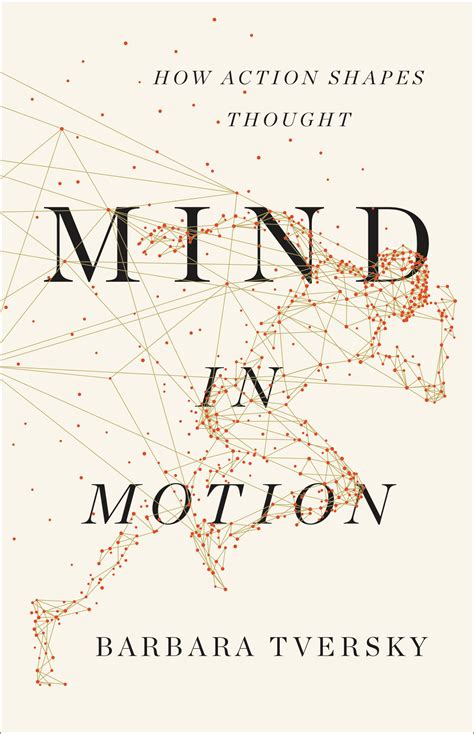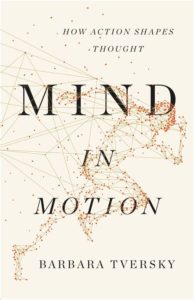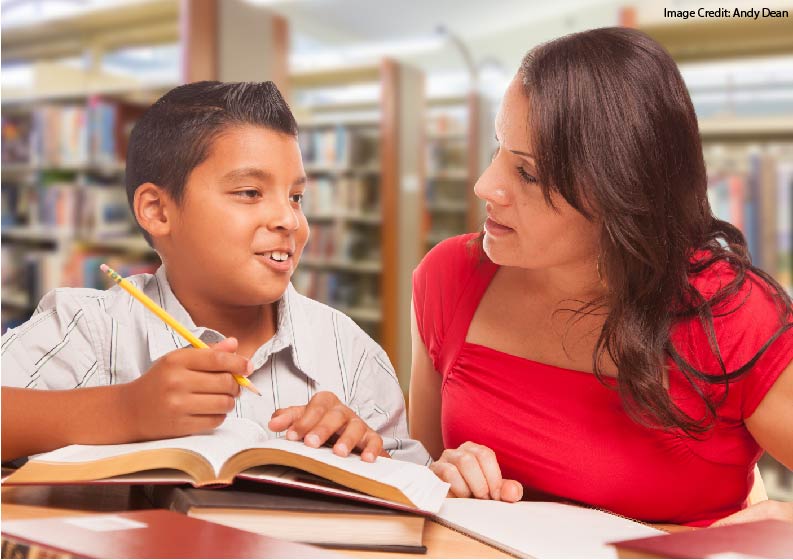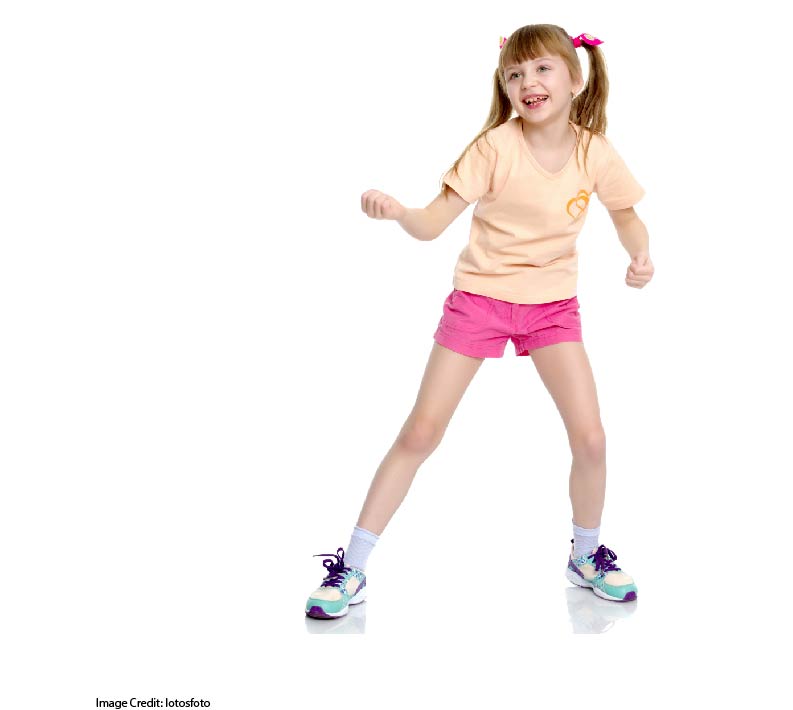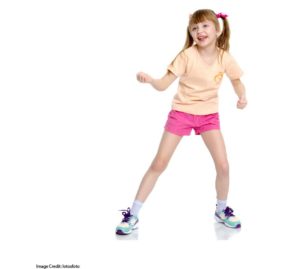With his research into expertise – concert-level violinists, world-ranked chess players, elite runners – Anders Ericsson more-or-less created a new field of study.
How can we become amazingly awesome at challenging tasks? Ericsson has a system: deliberate practice.
As described in his book Peak (written with Robert Pool), deliberate practice has four key components:
Well defined, specific goals,
Focus,
Feedback (often from an expert, or an experienced teacher), and
Getting out of your comfort zone.
Gosh, that sounds a lot like school, doesn’t it? If we could structure our school thinking according to Ericsson’s research, perhaps we could help all our students become concert-level chemists, world-ranked fraction multipliers, and elite poetry analysts.
In fact, we already try to do so much of this, don’t we? We write goals on the board, encourage students to concentrate, give lots o’ feedback, and encourage students to try new things.
In other words: deliberate practice seems a perfect fit for schools. Obviously…
Or then again: maybe not.
The Popular Mistakes
Ericsson’s work has been most popularized by Malclom Gladwell’s book Outliers. You might oversimplify that book with this sentence: “The Beatles succeeded so spectacularly because they practiced 10,000 hours in Berlin.”
Peak briskly summarizes Gladwell’s inaccuracies:
First: 10,000 hours is a catchy round number, but lots of other numbers would have been just as accurate. 10,000 hours applies to one category of budding experts (musicians) at a particular stage (the age of 20) of learning one specific skill (the violin).
Second: even this much-touted number is correct only as an average. Half of the violinists whose data went into this number has practiced LESS than 10,000 hours.
Third: the Beatles weren’t practicing. They were performing. Ericsson’s research shows clearly: deliberate practice looks substantially different from ultimate successful performance.
These inaccuracies – important in themselves – also remind us: if we want to apply Ericsson’s research to our school work, we have to be more careful than Gladwell.
With that guidance in mind, let’s consider the fit between deliberate practice and education.
The GOALS Are Different
Research into deliberate practice focuses quite narrowly on specific kinds of learning.
He studied people wanting to be world champions in one (and only one) very specialized skill: chess, or hurdling, or concert piano playing.
He did NOT study what most teachers do: helping students be good enough at one skill to move on to the next.
For instance: I don’t want my students to win the “Angle-Side-Angle World Mathlympic Championship Gold Medal.” I want them to understand angle-side-angle well enough to move on to side-angle-side; and, ultimately, well enough to solve complex geometry proofs.
I don’t want them to win more National Mann Booker Nobel Book Prizes than anyone else. I want them to write good enough Macbeth essays so they’ll write even better Kindred essays.
In fact, I don’t want them to focus single-mindedly on any one thing. I want them to make gradual progress in all sorts of disciplines and skills: pottery, cooperation, Spanish, history, citizenship, driver’s ed.
It’s possible that deliberate practice will improve all kinds of learning – including school learning. But: let’s not be like Gladwell and simply make that assumption.
Our UNDERSTANDING OF TEACHING Is Different
Ericsson puts it this way:
One of the things that differentiates violin training from training in other areas – soccer, for example, or algebra – is that the set of skills expected of a violinist is quite standardized, as are many of the instruction techniques.
Because most violin techniques are decades or even centuries old, the field has had the chance to zero in on the proper or “best” way to hold the violin, to move the hand during vibrato, to move the bow during spiccato, and so on.
The various techniques may not be easy to master, but a student can be shown exactly what to do and how to do it. (Peak, p. 91)
Does that sound like education to you? Heck, we can’t get the field to agree on teaching strategies for one of education’s most foundational skills: learning how to read. Almost everything in our world is up for contentious debate.
Note that Ericsson is explicit: instruction techniques for algebra do not fit the pattern he studies. We don’t have decades-old tried-and-true techniques for teaching algebra (or grammar, or bunting).
That’s why education is hanging out with psychology and neuroscience: to develop and understand new techniques.
The Role of FEEDBACK Is Different
Ericsson’s model follows a precise feedback pattern:
The student practices a discrete skill.
The teacher provides specific feedback.
The student tries again, and improves.
The student recognizes her immediate progress, and continues to grow.
In education, however, the cause/effect relationship between feedback and progress gets MUCH more complicated.
Specifically, we know that short-term performance does not reliably predict long-term learning. In a research review that I cite often, Nick Soderstrom makes this important claim:
“Improvements in [short-term] performance can fail to yield significant [long-term] learning—and, in fact, … certain manipulations can have opposite effects on learning and performance.” (Emphasis added)
In fact, we’ve got an entire field of memory research that focuses on “desirable difficulties.” The relevant headline: if students get everything right immediately, their work isn’t difficult enough. We need them to be struggling more to ensure long-term learning.
If Soderstrom and the “desirable difficulties” team are right – and I certainly think they are – then the feedback pattern essential to deliberate practice doesn’t align with the kind of teaching and learning that schools prioritize.
We Think Differently about FUN
Throughout Peak, Ericsson and Pool emphasize that deliberate practice requires determination and focus, and rarely results in fun.
Experts don’t become experts because they enjoy this work more. They keep going despite their lack of enjoyment.
For instance, he describes a study of participants taking a singing lesson. Those participants who were NOT professional singers felt relaxed, energized, and elated after the lesson; it allowed them to express themselves in a way they didn’t usually get to do.
However, the participants who WERE professional singers felt relaxed and energized, but NOT elated. They were working, not expressing themselves. In Ericsson’s words, “there was focus but no joy” (p. 151).
Schools, however, want at least a little fun – maybe even a little joy – during the day. We needn’t focus excessively on making everything delightful. But, more than a deliberate practice model, we should keep in mind our students’ rightful need for connection and even elation.
In Conclusion
First: although I’m arguing that deliberate practice doesn’t necessarily promote the kind of learning that schools undertake, I do (of course!) admire this research pool, and Ericsson’s towering role in it.
Second: Education suffers from a strange problem right now: we’ve got too many varieties of plausible-sounding guidance.
The problem isn’t finding something to try. It’s deciding which of the dozens (hundred?) of options to choose.
I certainly think that a deliberate practice model might be useful for teachers to know – especially teachers who focus on creating world-level experts.
But: I don’t think it should be the primary educational model for most of us.
We should think about managing working memory overload. And fostering attention. And creating the optimal level of desirable difficulty.
Let’s not be like Gladwell and simplistically apply Ericsson’s model to our work. Let’s find the parts that fit us perfectly, and use those to help students reach their Peak.
If you’re the sort of person who reads this blog, you’re also the sort of person likely to know that Anders Ericsson passed away at the beginning of July. In addition to being a world-renowned scientist, he was also famous for being an immensely kind person.
Certainly that was our experience here at Learning and the Brain. We have so many reasons to miss him.




